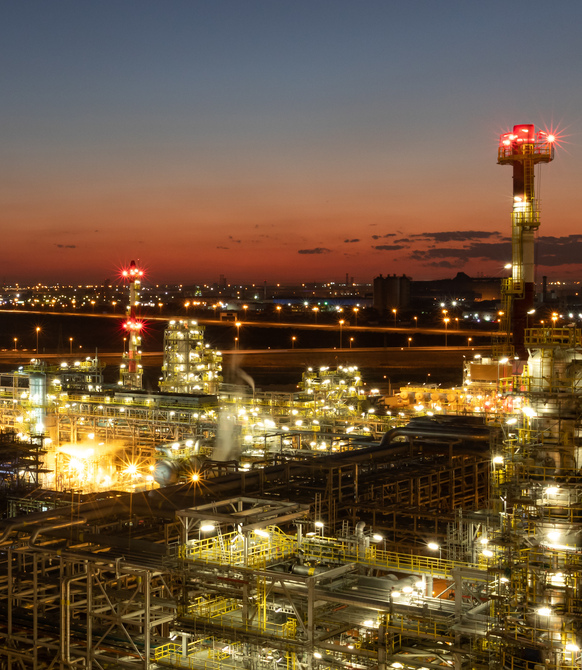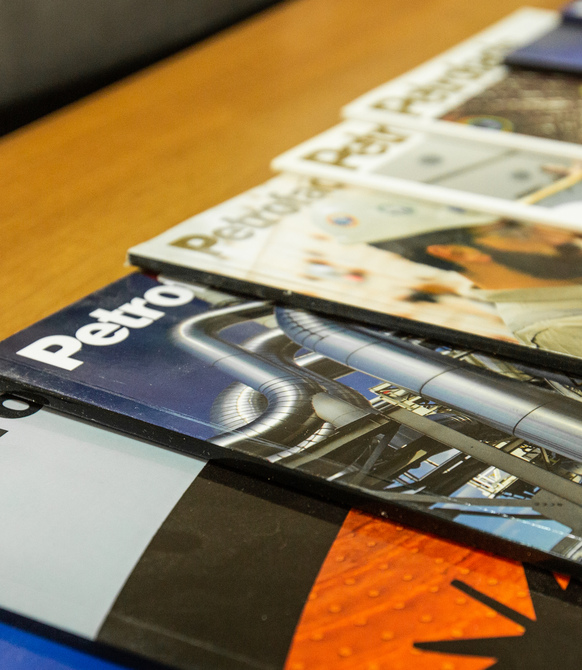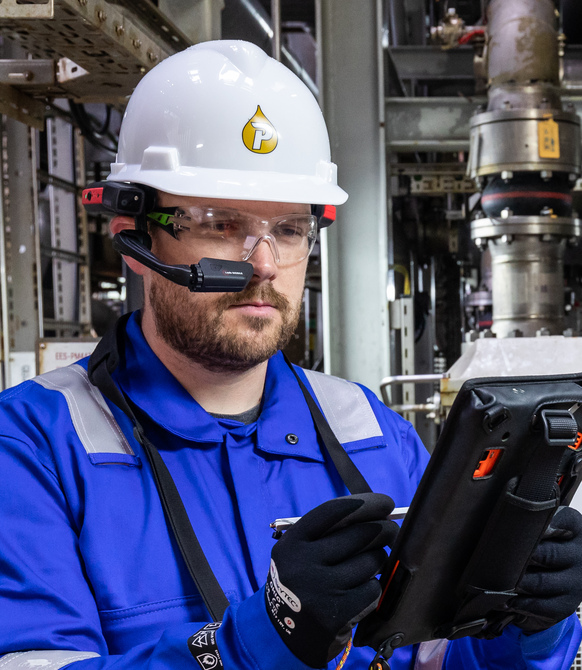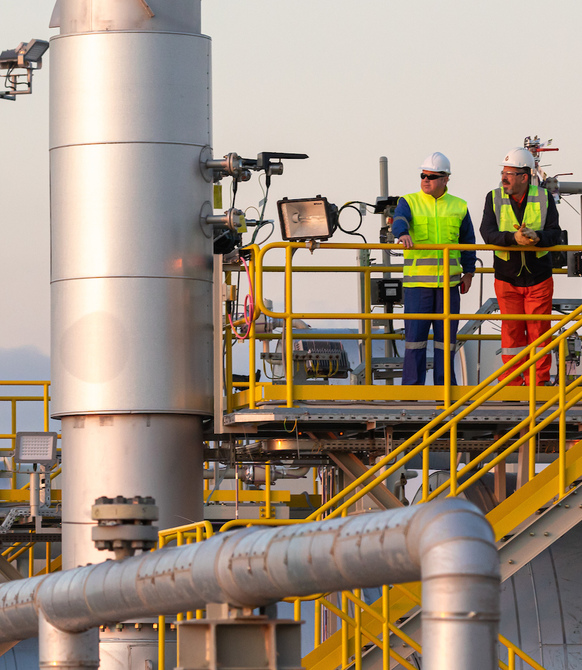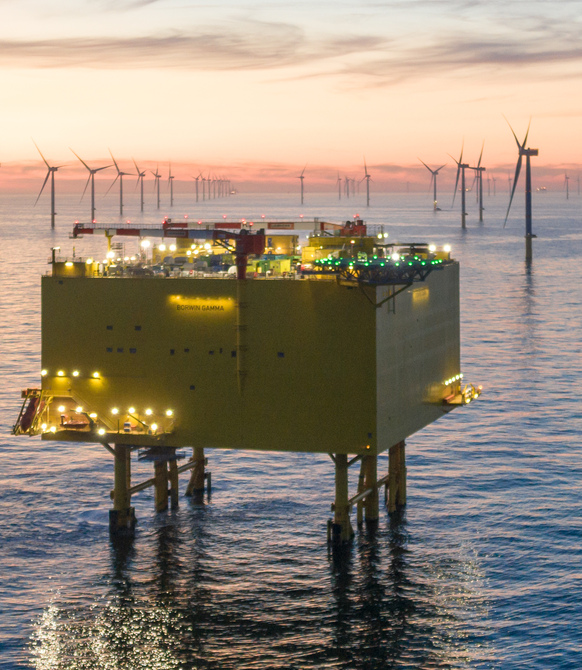Deputy Manager – Supply Chain
Revolutionising our supply chain
As we start our discussion with Rodrigue El Chemaly, Deputy Manager – Supply Chain Management, he is quick to proclaim he is not prepared for the interview. He is even quicker to turn potentially complex answers on complicated topics into easy-to-understand analogies. The impression that he leaves is one of a problem-solver. He is accustomed to thinking ‘on his feet’, with a strong ability to break down complex issues into concise answers, and a holistic view of his work and the benefit it brings to our clients.
Very much aligned with the project he put his heart into in recent years: revolutionising the approach to our supply chain, from hunting for accurate information for days and weeks, to being able to access it at a click of a mouse. We discussed the importance of digital transformation with Rodrigue.
Rodrigue, you look after the digital transformation in our Supply Chain. Can you tell us more about the nature of digital transformation in our industry?
Digital transformation in the oil, gas, and energy is conceptually very similar to other industries, be it food and beverages, FMCG (fast-moving consumer goods) or banking for example. It is about finding ways to connect all the different stakeholders – suppliers, contractors, clients, or internal stakeholders, and harvest technology to increase efficiency and accuracy of our business operations.
Energy on one, and food and beverages on the other side have seemingly very little in common. Can you explain how are they similar?
Say you order a pizza. From the moment your order is accepted, you know what is happening to your pizza. From being prepared in the kitchen, to how close your driver is to your home, and you can track them on the road to your very doorstep. Supply chain in oil, gas, and energy, is no different, only instead of buying a pizza we are ordering complex engineering materials. We are tracking these being manufactured in our supplier’s and sub-supplier’s facilities (in this analogy – the ‘kitchen’), all the way through completion, shipment, and arrival to our remote site location. We are tracking our order every step of the way, until it is constructed and delivered to our client. If we look at it from that angle – isn’t it the same as buying a pizza? Only, you are buying a multi-million-dollar compressor, a turbine, or a boiler.
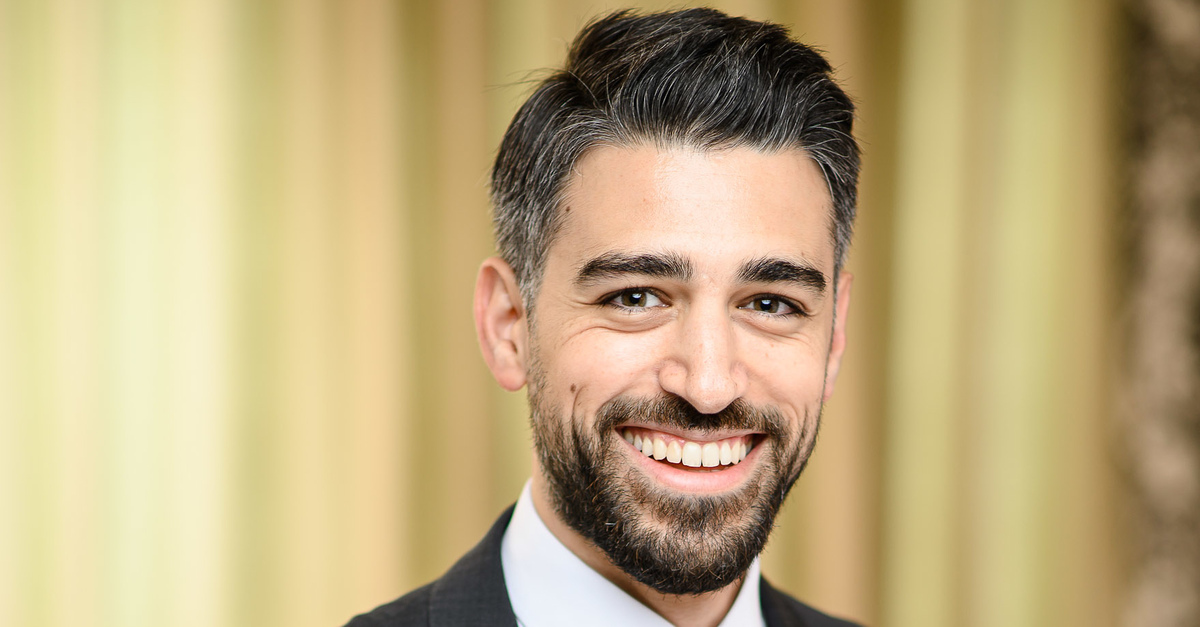
Rodrigue spent the first five years of his Petrofac career working on projects, from Turkmenistan to Oman
Can you take us through what the process of digitalising our supply chain looks like?
There are four pillars that underpin our digital strategy: data, technology, systems, and automation. In our journey so far, we’ve tried to build the right balance between the four, with a particular emphasis on data and systems. They are the foundation of our transformation.
Looking at our daily operations, we deal with thousands of suppliers every year, and issue thousand more purchase orders that are managed through the supply chain and delivered to our client. Imagine the amount of data points available. Leveraging data has helped us re-engineer our processes and design our systems as part of our digital transformation.
Digitalising our processes enables us to better collaborate with our suppliers and stakeholders and create a more transparent and efficient environment to deliver our projects. This as well will enable us to generate more smart data to help increase our performance learning and efficiency. Digital transformation comes hand in hand with data science and the power of data. Everything we do depends on collecting actual and accurate information that we can analyse and make the right decisions. If we look at our company, we probably dealt with more than 25,000 suppliers in the last 20 years. On average, in a single year we have transactions with more than 3,000 suppliers, some more digitally enabled, some less. Traditionally we relied on phone calls, emails, and paper to collect information and try and keep our databases up to date. Digitalising the process allows us to properly communicate with our suppliers and offer them a platform that will enable them to be part of our process, our system, and our projects. The tool allows them to communicate all the relevant information with us and makes us more efficient.
"We are a service company and how accurately we are able to do high quality work at a lower cost makes us stand out. Digital and the smart use of data enable this. "
How does digital and data enable us to be more efficient?
We base our decisions on the latest information. Once we start plugging in data into our processes, what used to take weeks, can now be done in days. When you are negotiating with a supplier, the power of negotiating is in the price of the goods you are trying to purchase. To be able to get the right price, historically you needed to go back to all the different projects you executed and try and get the accurate benchmarking information. Today, and after implementing our initiative, I can tell you what the benchmark cost is within minutes, at a click of a button.
In addition to efficiency, are we enjoying any other benefits?
It is our differentiator. We are a service company and how accurately we are able to do high quality work at a lower cost makes us stand out. Digital and the smart use of data enable this.
Rodrigue, you have been at Petrofac for more than decade. When you first joined, we presume digitalising wasn’t on the agenda?
I can vividly remember, five or six years ago, we had a team meeting and we discussed what it would be like to transform the way we deal with our suppliers? To have a ‘Trip Advisor experience’. One supplier portal where we have reviews, see what went where, and track our process. At the time, people weren’t paying attention. I could never had imagined that we will manage to deliver what we had discussed then. It brings me so much joy.
During your career at Petrofac, you spent time working on projects before moving permanently to our Sharjah office. How do you compare the two?
I spent my first five years working on projects – Galkynysh in Turkmenistan, ZADCO in the UAE, then the TPO training centre in Oman. When I moved to a functional role, it was a 180-degree shift compared to working on a project. In a functional role, you need to have a holistic view and be able to connect the whole thing together, from start to end. All the pieces of the puzzle so you can deliver your service to the client.
Outside of work, what gets you going?
Covid times aside, I love getting together with my friends and colleagues for a good game of football. They turn into social gatherings where all conversation topics are allowed – apart from work!


